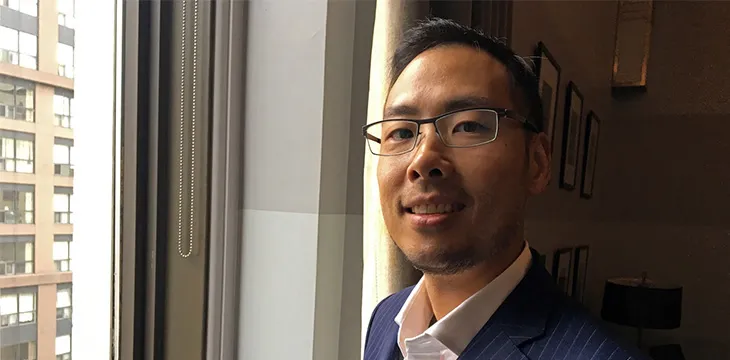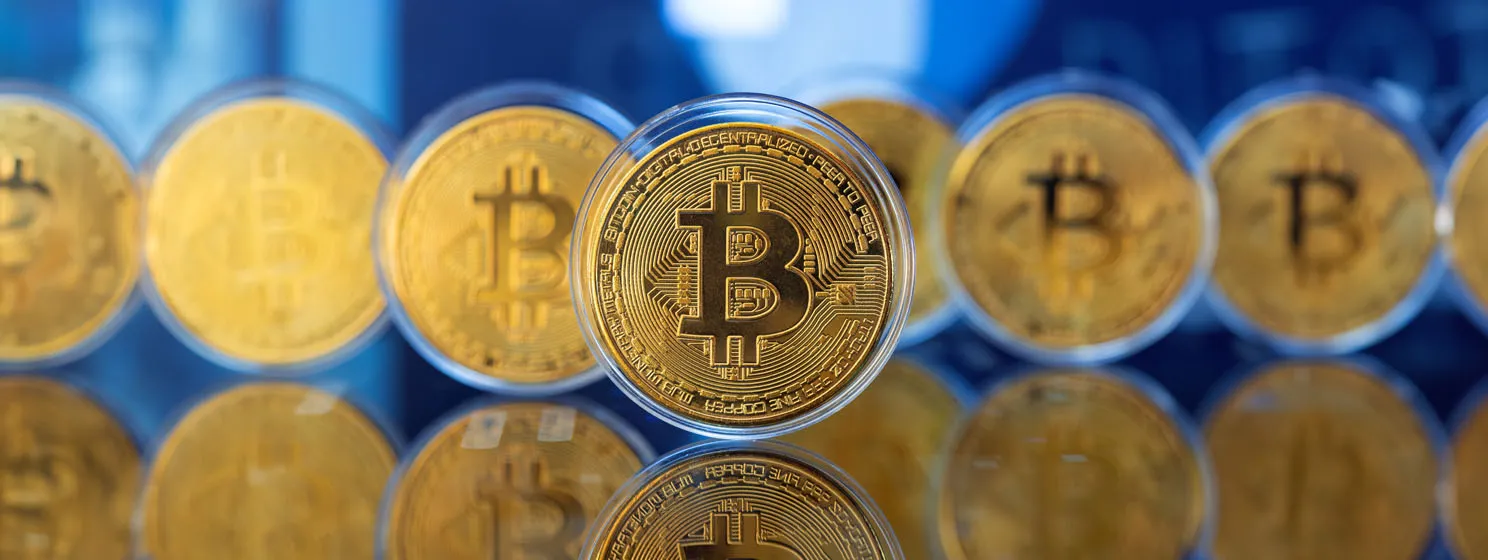|
Getting your Trinity Audio player ready...
|
Jerry Chan’s new job as CEO of the Canadian technology company TAAL is not just a great opportunity for him, but also a kind of liberation. Jerry’s career has included spells at big investment banks Goldman Sachs and J.P.Morgan. Since he got interested in Bitcoin, around 2015, he has championed financial and technological innovation in the corporate world. But it’s been an uphill struggle:
“It’s always been a very big drain on my time and resources, having to convince upper management of building prototypes to do something new,” he says. “It’s not really politically easy to start a new business line which will cannibalize your old ones, the ones that have been producing for you over decades. So therefore it’s always gonna be a challenge politically.”
Now at last, at TAAL, he doesn’t need to persuade a conservative boss that it’s worth pursuing radical new ideas: “the thing which immediately made me jump at this role was the chance to have the reins of a company in the space that has the right vision.”
So what is the vision for TAAL? Well, the company formerly known as Squire Mining is making a major pivot, away from mining and towards transaction processing on the Bitcoin SV blockchain. That means adopting a business model which looks to transaction fees for income instead of the traditional miner’s income from block rewards, which Jerry calls “a subsidy model”. Block rewards are currently going through one of their occasional step-change halvings, because of the way Bitcoin was originally programmed, making all miners of the Bitcoin blockchain suddenly less profitable and any alternative therefore more attractive.
As befits a former member of the financial establishment like Jerry, TAAL Distributed Information Technologies Inc., to give it its full name, is very much a play-by-the-rules company. It’s publicly listed on the Canadian stock exchange for instance.
Jerry believes that TAAL’s very conventionality is showing the way to other mining businesses: “the miners are going to have to come out of the dark. Come out of the mines, as it were, and be transparent, be above board …they have to come out of the woodwork and actually run a legitimate business very much in the open”.
But does TAAL want competition from other, equally forward-looking transaction processors? “I honestly welcome more players that jump in,” Jerry insists, “this is an industry where I do believe that the more players there are, the bigger the pie grows, the more profitable we all become. And so I don’t intend to drive a strategy with a goal of monopoly, for instance. Because growing the ecosystem and the market is more important than growing any one company.”
Nevertheless, TAAL is positioned well to defend itself against competitors. It’s just signed a “strategic deal” with nChain, the London blockchain research and development business, which, Jerry says, “gives us access to licence some of the patents that they have, which are very, very applicable to the transaction processing business.”
One aspect of TAAL’s business model that is largely out of its hands is the size of the market for transaction processing. That depends on the development of the Bitcoin SV ecosystem. “We’re definitely at the mercy of the actual ecosystem producing the amount of transactions that are required in order for transaction processors to remain profitable.” Jerry sees a four-year window in which that must happen, starting this year.
There are hopeful signs, with the U.S. healthcare company EHR Data, for instance, talking about the possibility of generating up to 32 billion transactions a year if they can put America’s prescriptions on chain. It sounds a huge job, but Jerry is confident it can be done: “totally possible, totally possible. Technically, we’re probably very close to being able to do that, probably by late this year. We can say technically that that’s doable.”
Hear the whole of Jerry Chan’s interview in this week’s CoinGeek Conversation podcast:
You can also watch the podcast video on YouTube.
Or download a transcript of the conversation here.
Please subscribe to CoinGeek Conversations – this is the 14th episode of the podcast’s third season. If you’re new to it, there are plenty of episodes from the first two seasons to catch up with.
Here’s how to find them:
– Search for “CoinGeek Conversations” wherever you get your podcasts
– Subscribe on iTunes
– Listen on Spotify
– Visit the CoinGeek Conversations website
– Watch on the CoinGeek Conversations YouTube playlist

 07-03-2025
07-03-2025 





